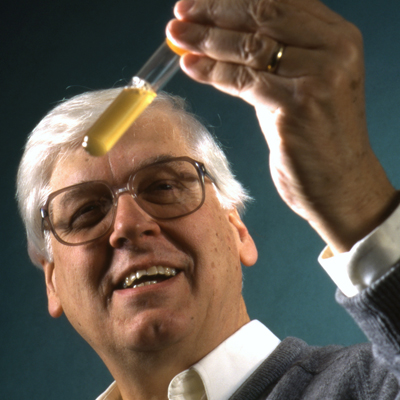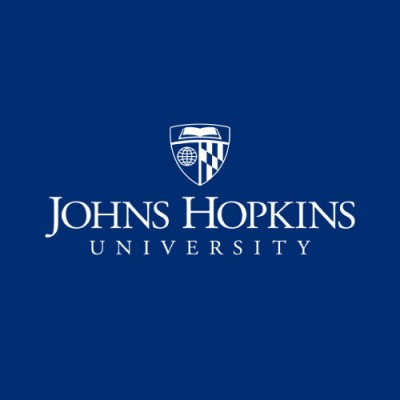The legacy of Dr. Hamilton Smith: investing in the best young biomedical researchers
The establishment of the Johns Hopkins Hospital in 1889 followed by the Johns Hopkins University School of Medicine four years later was the beginning of a new era in medical research, education, and patient care. It was here that rigorous study, a scientific approach to medicine, and bench-to-bedside care was established. In the years since its founding, Johns Hopkins has continued this legacy, and today it is one of the world’s premier medical institutions. To support biomedical discovery by its young faculty, Johns Hopkins has established the Hamilton Smith Award for Innovative Research, an endowed fund that will generate an annual award for junior faculty members at the Institute for Basic Biomedical Sciences (IBBS). The IBBS is comprised of nine basic science departments: Biological Chemistry, Biomedical Engineering, Biophysics and Biophysical Chemistry, Cell Biology, Molecular Biology and Genetics, Molecular and Comparative Pathobiology, Neuroscience, Pharmacology, and Physiology. Each year, a committee of senior faculty will select one young investigator for the Hamilton Smith Award. The award will encourage scientific creativity at the highest level. Therefore, in choosing to fund the Hamilton Smith Award for Innovative Research, donors will play a critical role in advancing some of the most important discoveries for the next generation of biomedical science.
What will your support do?
-
Supporting Young Biomedical Scientists: Biomedical discovery is at the core of the IBBS mission, and that means encouraging the passion and curiosity of young scientists. Each year, one outstanding young biomedical scientist will receive the Hamilton Smith Award. The annual interest from the award’s endowment will be donated to the laboratory of the awardee to support his or her most innovative research.
- Continuing a Legacy: In choosing to support research at Johns Hopkins, your donation will make the next generation of biomedical discoveries possible.
Bio
Dr. Hamilton Smith received his M.D. degree from the Johns Hopkins Medical School in 1956. After training in internal medicine and working as a physician in the United States Navy, Dr. Smith began his career as an independent research scientist at his alma mater in the Department of Microbiology. In 1968, as a young faculty member in the Johns Hopkins Medical School, Dr. Hamilton Smith pursued a chance observation and the result started a revolution in genetics that continues to this day. His discovery of the first restriction enzyme, a molecular scissors for cutting DNA, paved the way for recombinant DNA technology, DNA sequencing, the biotechnology industry, and a host of new medicines. For this discovery, Dr. Smith received the 1978 Nobel Prize in Medicine.
The fund, is directed by Dr. Jeremy Nathans, Professor of Molecular Biology and Genetics at Johns Hopkins University.
For more information, visit the Institute Website and Facebook Page.


